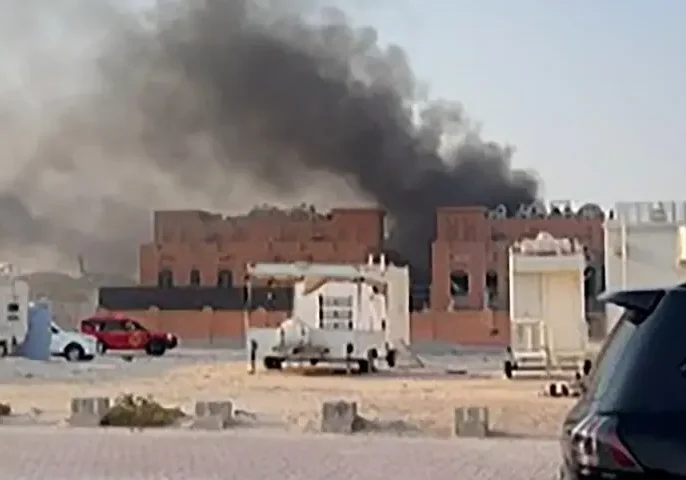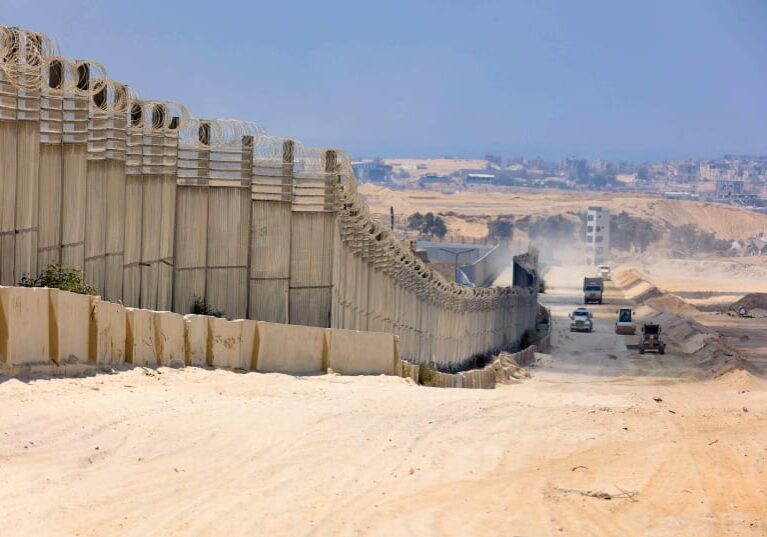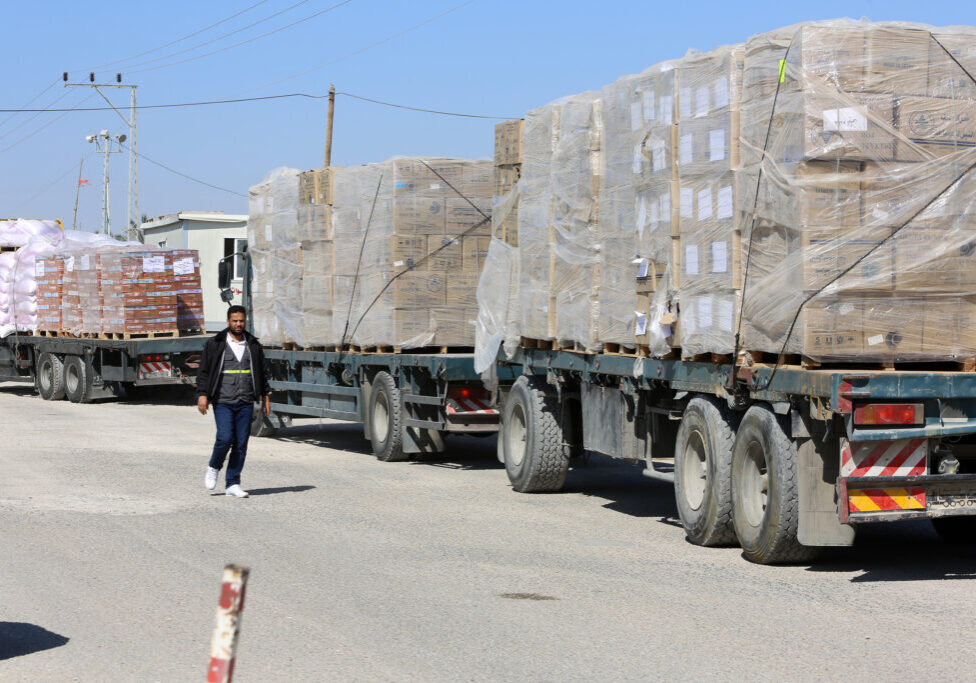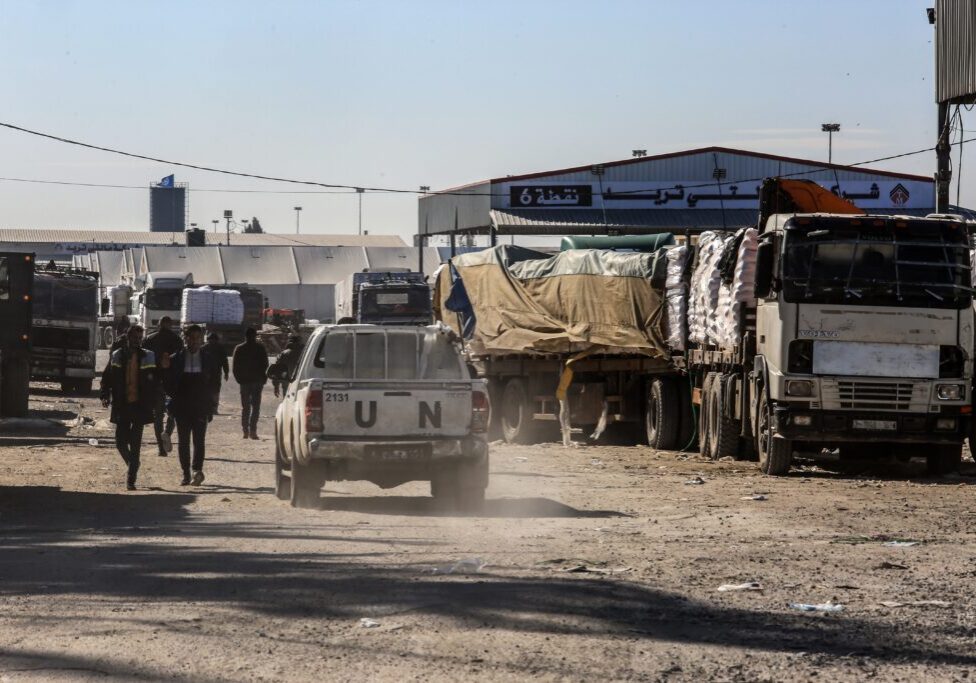Australia/Israel Review
Scribblings: From the Jews to the Copts in Egypt
Feb 28, 2012 | Tzvi Fleischer
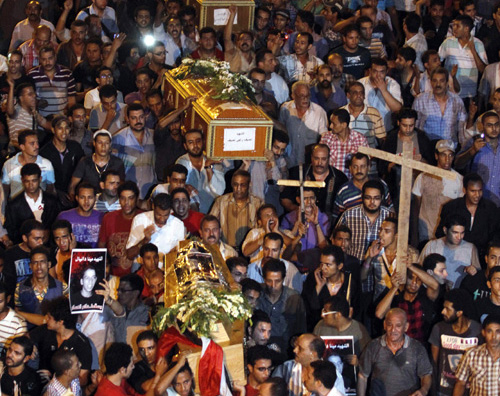
Tzvi Fleischer
From the Jews to the Copts in Egypt
In December, I wrote on AIJAC’s “Fresh AIR” blog (available on-line at www.aijac.org.au/news/article/antisemitism-in-the-middle-east-in-1835) about a 19th century book that had been rediscovered which shed a great deal of light on the situation of Jews in the Arab Middle East in the 1830s – before Zionism became an issue, and before there was significant European influence on those societies. I noted that the book in question, An Account of the Manners and Customs of the Modern Egyptians, by Edward William Lane and Edward Stanley Poole, based on numerous visits to Egypt, countered common but erroneous beliefs that the Middle East was largely free from significant antisemitism or large-scale persecution of Jews before these influences. I summarised its description of the state of the Egyptian Jewish community as described in the book as follows: “they were both free to practise their religion and reasonably able to earn a living, [but] they were also despised and hated, subject to arbitrary beatings and other abuses at any time by Muslim individuals, and also to frequent persecution and ‘exemplary’ execution by the state.”
I am recounting all this because two recent stories about the treatment of Egyptian Coptic Christians seem strikingly reminiscent of elements of this description.
The first case reportedly occurred in Zagazig, Sharqia province, northeast of Cairo. Major anti-Christian violence broke out there in mid-February as a result of a case involving a 15-year-old girl who had recently converted to Islam from Christianity. The girl had gone missing from the Cairo home of her father, who had also converted to Islam and then had his daughter converted as well. He charged that she had gone to live with her still-Christian mother in Zagazig, and that the Christian pastor there had abducted her to stop her conversion to Islam. On Feb. 14th, a mob of 2,000 Muslim extremists came to the town, trashed the home of the pastor, and then surrounded the Christian church, pelting it with stones, and demolishing much of the fence surrounding it. That evening, authorities announced they had found the girl in Cairo, and she had not returned to the area at all. But when it emerged the next day that the girl did not want to return to her father’s home, the mob returned in greater numbers, set fire to two Christian homes and attempted to break into or set fire to the church, with more than 100 Christians inside it trying to shelter from the violent mob. The situation only calmed down after the arrival of Muslim Brotherhood mediators and security forces convinced the mob to disperse. No one appears to have been charged over the violence.
A few weeks earlier, on Jan. 27, a Muslim extremist crowd of some 3,000 had attacked the Christians of the Nile delta town of Sharbat. The violence started after rumours spread that a local Christian tailor had “illicit” pictures of a Muslim woman on his mobile phone and was in a relationship with her. The man turned himself in to local police, who found no such pictures on his phone. Nonetheless, at least three Christian homes were torched and completely destroyed, and ten Christian owned-business were looted and trashed, and some of these were also set alight. Again, the security forces eventually intervened. But again no one was arrested. Instead officials set up “reconciliation meetings” of local notables, a common method of dealing with such conflicts in Egypt. These declared that a total of eight Christian families had to be expelled from the village, including the tailor about whom the rumours started, and a family whose son had fired a gun, hitting no one, when the mob attempted to burn his home.
What these stories – just two of many similar accounts from Egypt over recent months – illustrate is the precariousness of minorities in these countries, living basically at the mercy of anyone who wants to start a rumour about them. If they do, violent mobs will engage in what are essentially pogroms against the whole minority group. Moreover, while the authorities may belatedly offer some protection, they will never punish members of the majority responsible, but more likely will instead blame the victim minority group, as occurred in Sharbat.
It is also worth noting that, according to the aforementioned Lane and Poole book, in 1835 the Jews of Cairo were “detested by the Muslims far more than are the Christians.” They would have been subject to even more severe abuse and continuous threats of violence – despite claims that Jews were “tolerated” under Islamic rule.
Of course, the saddest part of this is that the same sort of violence and hatred against minorities which prevailed in much of the Middle East in 1835 is not only still present, but is currently enjoying a major resurgence in places like Egypt, 177 years later.
The Safest Place to Invest
If you wanted to put your money into a global stock market, the one with the highest return and the least risk, where would you put it? The Tel Aviv Stock Exchange – according to the just released Bloomberg Riskless Return Ranking of global share markets. With an adjustment taking account of volatility, Tel Aviv’s TA-25 Index beat out all other developed world stock markets over the past 10 years, with an adjusted return of 7.6% per annum.
This is worth reflecting on, given what Israel has been through over the past ten years – the height of the second intifada, the Gaza withdrawal and subsequent rocket attacks, the 2006 Lebanon war, and the operation in Gaza in 2008-09, Hezbollah and Hamas on its border constantly accumulating more rockets, Iran constantly threatening to destroy Israel and moving toward nuclear weapons, plus the stepped-up efforts to delegitimise Israel in international forums. Yet Israel was the safest place to invest your money.
It’s hard to think of a better exemplar of the economic miracle that has occurred in Israel over the past couple of decades.
Tags: Egypt

